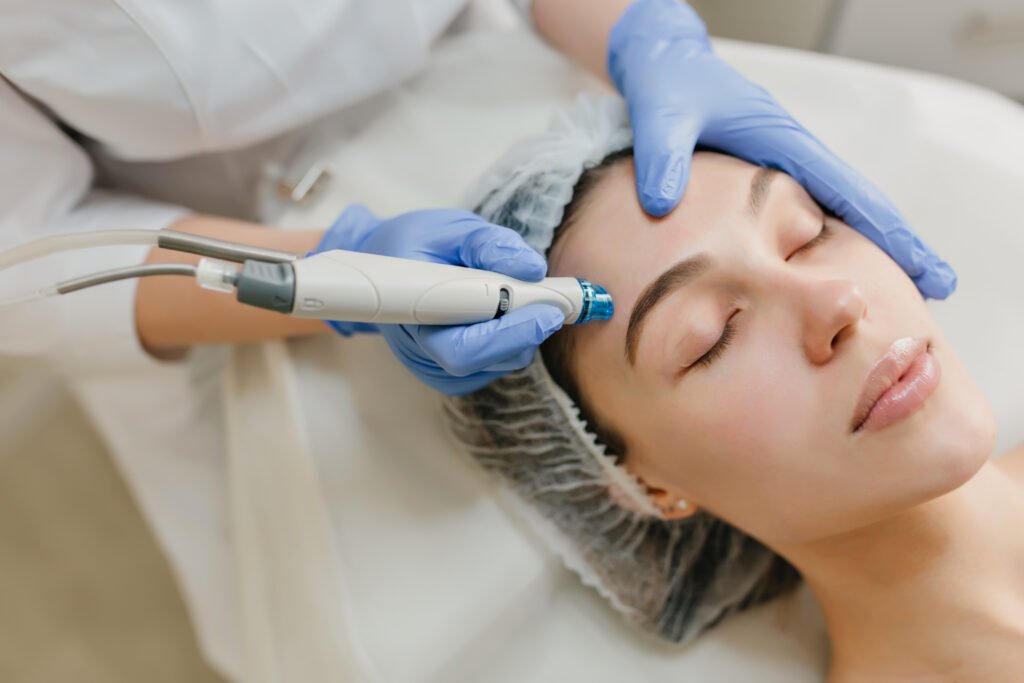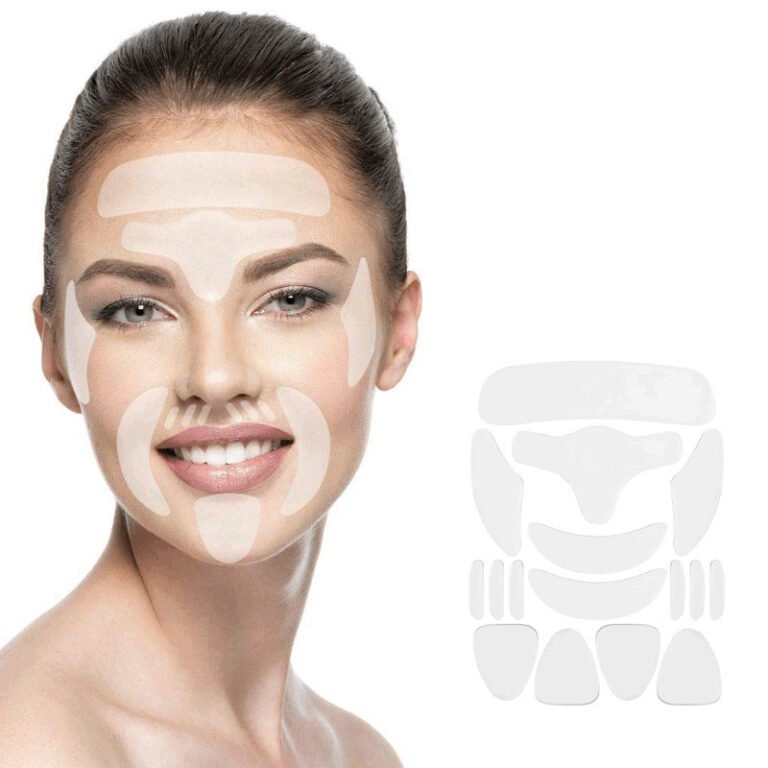Don't miss our Winter Sales offer 40% OFF!
Dermatologists: An Important Role in Skincare for all
The Crucial Role of Dermatologists in Inclusive Skincare: Tailoring Advice to Individual Skin Types for Optimal Results
Key Points
- Dermatological Expertise in Inclusive Skincare:
- Recognizing diverse skin types
- Tailoring advice beyond one-size-fits-all approaches
- Professional Evaluations:
- Comprehensive analysis of skin health
- Assessment of texture, hydration, and sensitivities
- Customized Skincare Routines:
- Crafting personalized routines based on individual needs
- Recommendations for specific formulations
- Treatment Plans for Skin Concerns:
- Diagnosis and comprehensive plans for conditions like acne or hyperpigmentation
- Evidence-based solutions and progress monitoring
- Education and Empowerment:
- Equipping individuals with knowledge for informed decisions
- Understanding skin types, ingredient labels, and identifying triggers
- Intersection of Medical and Cosmetic Dermatology:
- Balancing medical and cosmetic aspects for optimal skin health
- Enhancing appearance while addressing medical conditions

First of all,
Skincare professionals have a key role in promoting healthy and glowing skin for all people, particularly in the dynamic field of inclusion. Beyond generic routines and over-the-counter products, doctors’ knowledge is crucial when it comes to customising skincare recommendations for different skin types. This article explores the vital role dermatologists play in encouraging inclusive skincare habits and emphasises how seeking professional advice is essential to getting the best possible results.
Understanding the Unique Needs of Individual Skin Types:
As medical specialists in skin health, dermatologists are qualified to identify and comprehend the particular requirements of various skin types. A variety of skin disorders need individualised care, ranging from oily and acne-prone to dry and sensitive. This means that inclusive skincare entails realizing that a one-size-fits-all strategy is inadequate. Dermatologists serve as mentors, offering customised guidance that takes into account the individual’s skin type as well as any underlying illnesses or issues that can affect skincare practices.
The Importance of Expert Assessment:
Professional evaluations are one of the dermatologist’s main responsibilities in inclusive skincare. These analyses probe the more profound facets of skin health, going beyond the obvious observations. Dermatologists provide a thorough grasp of an individual’s skin profile by evaluating elements such as skin texture, moisture levels, and potential sensitivities. This thorough analysis is the foundation for individualised recommendations that consider the distinctive qualities of every person’s skin.
Customised Skincare Routines:
Customisation and inclusive skincare go hand in hand, and dermatologists are skilled in creating unique regimens. The advice of a dermatologist goes beyond simply suggesting generic goods; it also includes creating customized formulas that target particular issues. Dermatologists are essential in creating regimens that maximise outcomes while taking into account the variety of skin types, whether they are recommending a mild cleanser for delicate skin or a focused treatment for skin prone to acne.
Treatment Plans for Skin Concerns:
People frequently seek dermatological expertise for specific skin conditions, including eczema, acne, or hyperpigmentation. Dermatologists create thorough treatment regimens that adhere to inclusive skincare tenets in addition to diagnosing these disorders. Dermatologists enable people to successfully manage their particular skin conditions by providing evidence-based therapies and tracking advancements.
Education and Empowerment:
In addition to short-term fixes, inclusive skincare promotes long-term skin health. Dermatologists give people the information they need to make educated decisions about their skincare, which is a major contribution to education and empowerment. Dermatologists teach their patients the importance of understanding their skin type, reading product labels, and recognising potential triggers as essential components of inclusive skincare.
The Confluence of Cosmetic and Medical Dermatologists:
Both the medical and cosmetic facets of skin care are included in dermatology. The adoption of inclusive skincare practices acknowledges that treating medical issues in addition to aesthetic objectives is necessary to achieve optimal skin health. Dermatologists are skilled at striking a balance between these factors, providing care that improves the skin’s general health and appearance in addition to treating medical issues.
In summary:
Achieving the best possible results from inclusive skincare requires professional advice and is a collaborative process between individuals and dermatologists. They offer an extensive range of expertise and experience, providing tailored guidance that takes into account the particular requirements of various skin types. Let us acknowledge and value the vital role dermatologists play in promoting inclusive skincare practices as we continue to celebrate the diversity of skin types, guaranteeing that everyone can benefit from healthy, glowing skin.








Very cool!